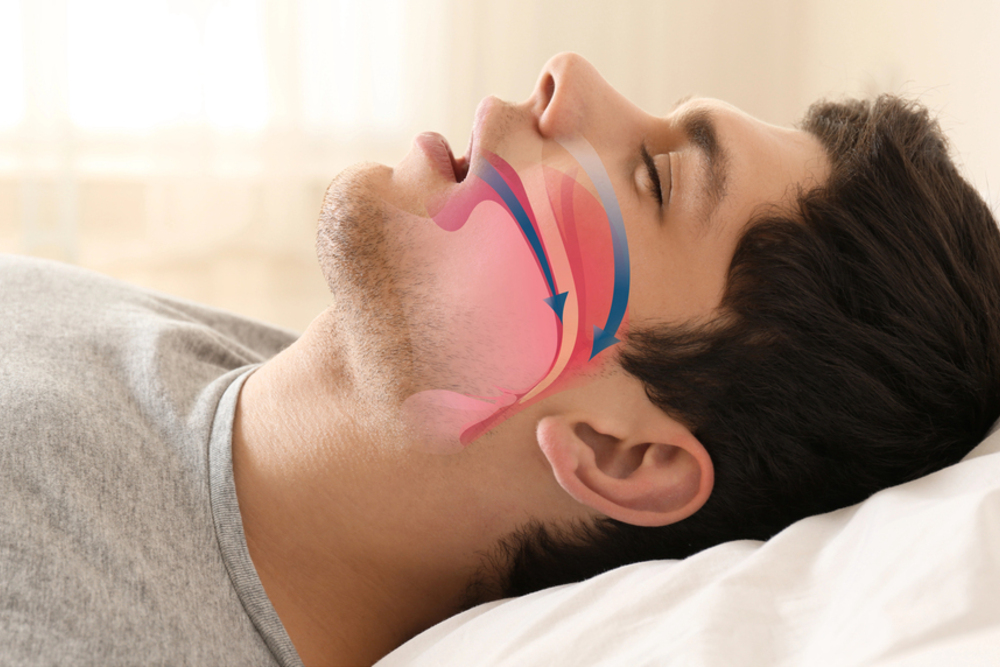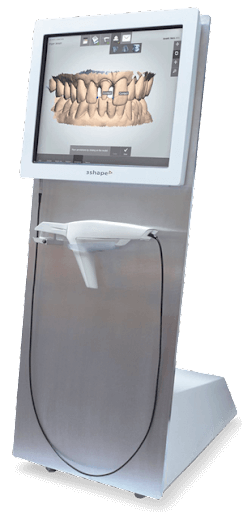Sleep apnea is a serious condition that affects millions of people worldwide, disrupting sleep and increasing the risk of other health problems. For those who struggle with the discomfort or inconvenience of CPAP (Continuous Positive Airway Pressure) machines, oral appliances offer a more comfortable and less invasive alternative. However, do they really work, and if so, which oral appliances for sleep apnea are worth recommending? Let’s answer to this question.
Understanding Oral Appliances for Sleep Apnea

Oral appliances for sleep apnea are custom-made devices that are worn in the mouth during sleep. They work by repositioning the lower jaw and tongue to keep the airway open, preventing the collapse that leads to obstructive sleep apnea. These appliances are typically prescribed for people with mild to moderate sleep apnea or those who cannot tolerate a CPAP machine.
How do these devices stack up against traditional treatments? Fortunately, many studies indicate that oral appliances are an effective option for treating sleep apnea, especially in mild cases. Patients frequently experience improved sleep, reduced snoring, and a better overall quality of life.
However, like any treatment, they aren’t a universal solution. The effectiveness of oral appliances varies based on factors such as the severity of the sleep apnea and the patient’s consistency in using the device as prescribed.
Do Oral Appliances Really Work?
For many, the answer is yes. Oral appliances have been shown to reduce the frequency and severity of sleep apnea episodes by keeping the airway open during sleep. According to the American Academy of Sleep Medicine, these devices are particularly effective for patients with mild to moderate obstructive sleep apnea and those who have trouble using a CPAP machine. In clinical studies, patients using oral appliances report fewer apnea episodes, reduced snoring, and a better night’s rest.
That said, oral appliances are less effective in cases of severe sleep apnea, where a CPAP machine may still be the preferred option. It’s also important to note that while these devices can significantly reduce symptoms, they may not completely eliminate sleep apnea.
Types of Oral Appliances to Recommend
Sleep apnea treatment typically involves two primary types of oral appliances:
- Mandibular Advancement Devices (MADs): The most commonly recommended option, MADs function by gently shifting the lower jaw forward to keep the airway open. These devices are custom-made by a dentist and can be adjusted for accurate repositioning as needed.
- Tongue Retaining Devices (TRDs): These devices keep the tongue in a forward position, stopping it from falling back and blocking the airway. Although TRDs are less frequently recommended compared to MADs, they can be a suitable option for patients who find jaw repositioning uncomfortable.
When recommending an oral appliance, it’s crucial to consider the patient’s specific needs, preferences, and anatomy. A dentist trained in sleep medicine can evaluate these factors and determine the best option for treatment.
Oral appliances for sleep apnea bring a comfortable, non-invasive solution for many patients seeking relief from their symptoms. While they may not be as effective for severe cases, these devices are highly recommended for those with mild to moderate sleep apnea or those who find CPAP machines challenging to use. If you or a loved one is struggling with sleep apnea, think about consulting a dental professional about the possibility of using an oral appliance.
Next Dental Lab brings custom-made dental lab products tailored to each patient’s unique needs. We help you find the right dental implants, digital cases, digital scanners, and oral appliance solutions that you are looking for. Contact us today to learn more about how we can help you or your patients find relief from sleep apnea and improve sleep quality.

